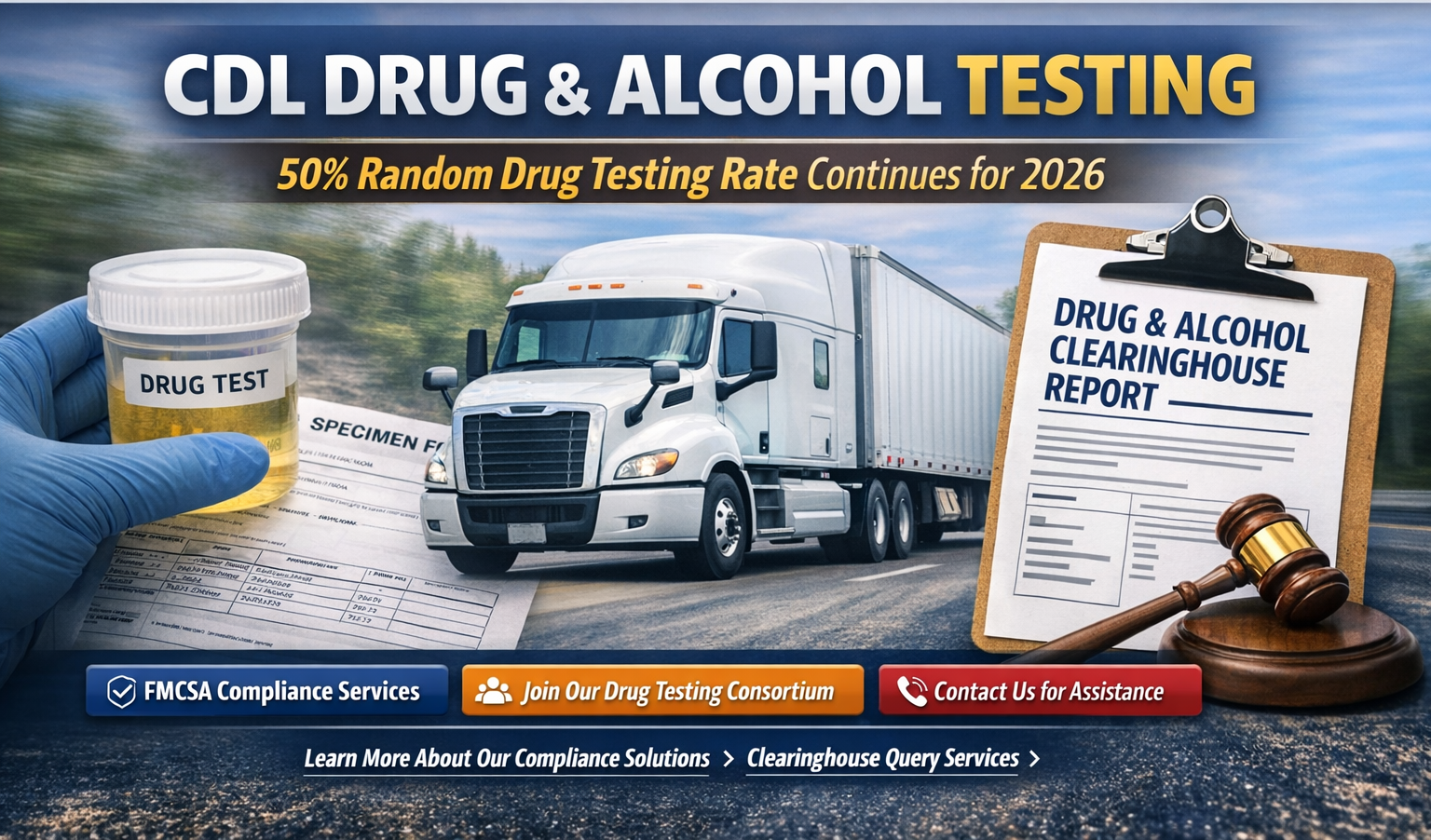State Laws Newsletter
April 13, 2016
Share this article:
IRS Proposes Permanent Excise Tax Regs – The Federal Register of March 31, 2016, carried a Notice of Proposed Rulemaking from the federal Internal Revenue Service proposing permanent rules for the 12 percent excise tax on the sale of trucks, trailers, and parts and for the federal tax on heavy tires. The proposal also reworks the definition of “highway vehicle” for purposes of those two taxes and for the federal excises on fuel and for the heavy vehicle use tax. Since soon after the current set of highway user taxes was imposed by Congress in the early 1980s, IRS has administered these taxes under temporary regulations, most of which have now been in effect for more than 30 years. The proposal reorganizes and restates much of the existing regs, and incorporates a few legislative changes and court cases that have been enacted or decided in the interim, but there don’t appear to be any surprises here. If you see something new and unpleasant, please let us know! There is a 90-day period for public comments on the IRS proposal.
IFTA Members Approve Amendments – Voting by the states and provinces on this year’s proposals to amend the International Fuel Tax Agreement ended March 24. We understand that all seven of the proposed amendments were adopted by IFTA, a process that requires an affirmative vote by at least 75 percent of all 58 IFTA members. Only one of the proposals this year was critical – the one setting a standard for liquefied natural gas – but several of the others are of some interest. (The remaining proposals are administrative only.) The most important ballot proposal – No. 5 – sets 6.06 pounds or 0.73 kilograms (for IFTA filers based in Canada) as the standard unit (a diesel gallon equivalent) for purposes of IFTA reporting of LNG. The same standard that has been adopted by IRS and by more than half the states, with the remainder using a variety of units. Without a uniform unit of measure for a fuel, IFTA reporting of that fuel simply won’t work, and LNG cannot be measured directly in volumetric units. This change to IFTA is effective only July 1, 2017, but it is expected that the delay will affect few IFTA filers. The other ballots of interest are: No. 3, which requires the states and provinces to upload demographic data on their IFTA accounts to the IFTA Clearinghouse daily, to improve the timeliness of information; No. 6, which makes a failure of a state or province “to audit on behalf of all other IFTA jurisdictions” an infraction that may be taken to the IFTA Dispute Resolution Committee (although no one really knows what that requirement may mean in practice); and No. 7, which requires jurisdictions to include on the audit reports they give to carriers and to the other states and provinces the date through which interest has been calculated on any underpayments.
AZ Court Finds Tort Lawsuit to Be a Tax Appeal – The Arizona Court of Appeals has upheld the decision of a lower court to the effect that a taxpayer’s tort claims against a county and its officials amounted to a tax appeal. The plaintiff here, representing himself, claimed that the county and its assessing officials had acted with gross negligence and had negligently and intentionally inflicted emotional harm on him. The county argued, and the court agreed, that the plaintiff had failed to allege facts to support any of these tort claims. However, rather than dismiss the case, the court instead, acting under the state rules of civil procedure, converted it into a tax appeal, in order “to achieve substantial justice.” And it granted the plaintiff a measure of tax relief for the one year remaining open under the statute of limitations. It also, pursuant to state law on successful tax appeals, awarded him a portion of his court costs. Lockerby v. Pima Cty., et al., docket no. 1 CA-CV 15-0277, decided March 24, 2016

fleet insights






